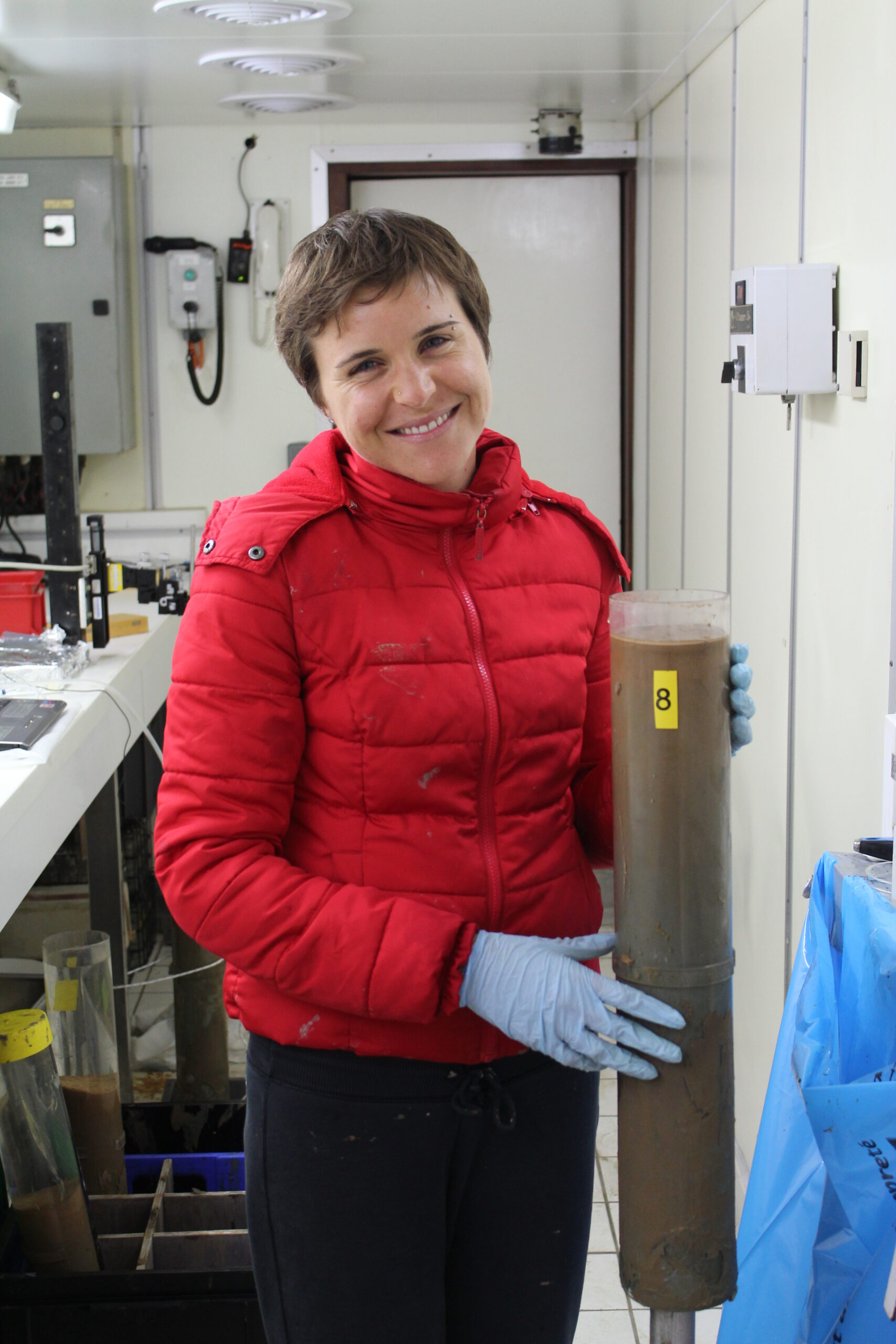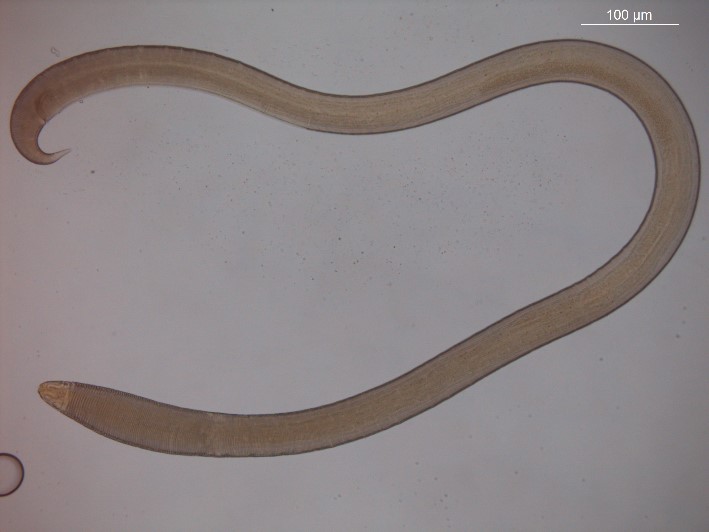Lara Macheriotou
What has been your personal journey into the deep-sea? (Did you always know this is what you wanted to do, or start out on a completely different path?) In other words, what unique journey led you to where you are now?
It’s an overused cliché perhaps, but I knew I wanted to study marine biology from a very young age, probably around 8 years old. However, I did not have my mind set on the deep sea specifically back then. I fell for the oceans charismatic megafauna, specifically Orcinus orca, as I was completely taken by the movie “Free Willy”. Back then I thought orcas were whales, and that such movies were innocent; now of course I know Keiko was a dolphin, how sad his life story actually was and that such movies are blatant animal cruelty. Nevertheless, learning about the wonders of underwater life stuck from then on, and after a BSc in Marine Biology from the University of Oregon and an MSc in Marine Biodiversity and Conservation from Ghent University, I landed a PhD with Prof. Dr. Ann Vanreusel, who is somewhat of a deep-sea pioneer herself. It is through her research that I entered the deep-sea realm.
What is your current research question and why are you interested in this topic?
“What is down there?” would describe it in four words. I am involved with research focused on deep-sea nematodes in the Pacific Ocean, specifically in the polymetallic nodule fields of the Clarion Clipperton Fracture Zone at 4-5 km depth. I use molecular tools, i.e. metabarcoding through High Throughout Sequencing, to identify the diversity and connectivity of these meiofaunal worms that live in the sediment surrounding the nodules. I find this topic personally fulfilling because I want to develop my molecular skillset and because when working in the deep sea, virtually everything is an exploration of the unknown. Moreover, the work is set in the context of assessing and mitigating impacts from potential deep-sea mining operations, adding importance which goes beyond fundamental science.
What have been some challenges in your work or in studying the deep sea in general? Has your research turned out how you expected?
Deep-sea research is challenging for a number of reasons, the most obvious one being proximity. Getting there can require many days of transit at a price tag that not every research institution can pay. It is truly a privilege to study samples of such a remote ecosystem; its vastness is daunting. I struggle sometimes with the thought of how few samples I have worked with, and that these were used to speak about biodiversity patterns of an abyssal plain as a whole. Extrapolation of this kind is something I had to make peace with. I think many times I expected failures of the practical kind in my research, like failed DNA amplification, for example. This did hold true for some samples, yet for others there was 100% success. My strategy is to not expect too much, stay realistic and this way avoid being disappointed.
Why is this work important to you and society as a whole?
The ever-increasing demand for metals that are used in cellular phones, hybrid cars, wind turbines and other hi-tech devices is an issue that transcends individual research projects; its a global issue. How and where we choose to extract metals has far reaching environmental and socioeconomical implications. As an individual I am aware that the way I live and consume has repercussions on the natural world. In this way, I feel very lucky to be involved in research that aims to identify and mitigate these as much as possible.
Because we are such an international organization, can you describe what the deep-sea science community is like in your region?
Even though the Belgian part of the North Sea does not enter the deep-sea realm, I am fortunate enough to be surrounded by deep-sea biologists at the Ghent Marine Biology Research Group. I would even dare to say that most, if not all, deep-sea biologists residing in Belgium work at Ghent University. We are an international bunch representing Belgium, Brazil, Cyprus and Italy. Our research is mainly focused on the diversity of meiofauna, macrofauna and their links to abiotic parameters.
What is your current position (student, researcher, government, non-profit etc) and what do you like about your current role in deep-sea science?
Since January of 2020 I have been a post-doctoral researcher at the Marine Biology Research Group of Ghent University. The major change that has occurred following the completion of my PhD, and which I have been enjoying greatly, is the opportunity to disseminate to others my own fascination with the marine realm through teaching. Not only is it fun and rewarding to engage with students, it is also a means for me to become one again and re-educate myself as I prepare a lecture.
What advice could you offer to aspiring deep-sea biologists?
Stay curious and inquisitive! The deep-sea is filled with unanswered questions that a dedicated mind can investigate. Also, I think that once you have joined the “deep-sea research club” so to speak, it’s easy to forget that most researchers are outside of it. It is important to retain the context and remind yourself every now and then just what a privilege it is to be in this field.
What is the biggest challenge or project you look forward to addressing in the future?
Just one?!? Well, if I had to choose, I would very much like to get a better idea of how Nematode populations in the Clarion Clipperton Fracture Zone are connected via the exchange of genetic material, i.e. gene flow. How may subpopulations exist there? Are these tiny animals able to disperse over long distances given enough time? Answering these questions would allow us to better understand not just deep-sea nematode populations, but the deep-sea ecosystem as a whole and what the drivers of species diversity are in this ecosystem.
What is your favourite thing about the deep sea?
The oddity of shapes and functions I find simply bewildering. This is what I like the most; the fact that evolution seems to be trying out its wildest and most fantastic ideas in the darkness of the deep sea.


